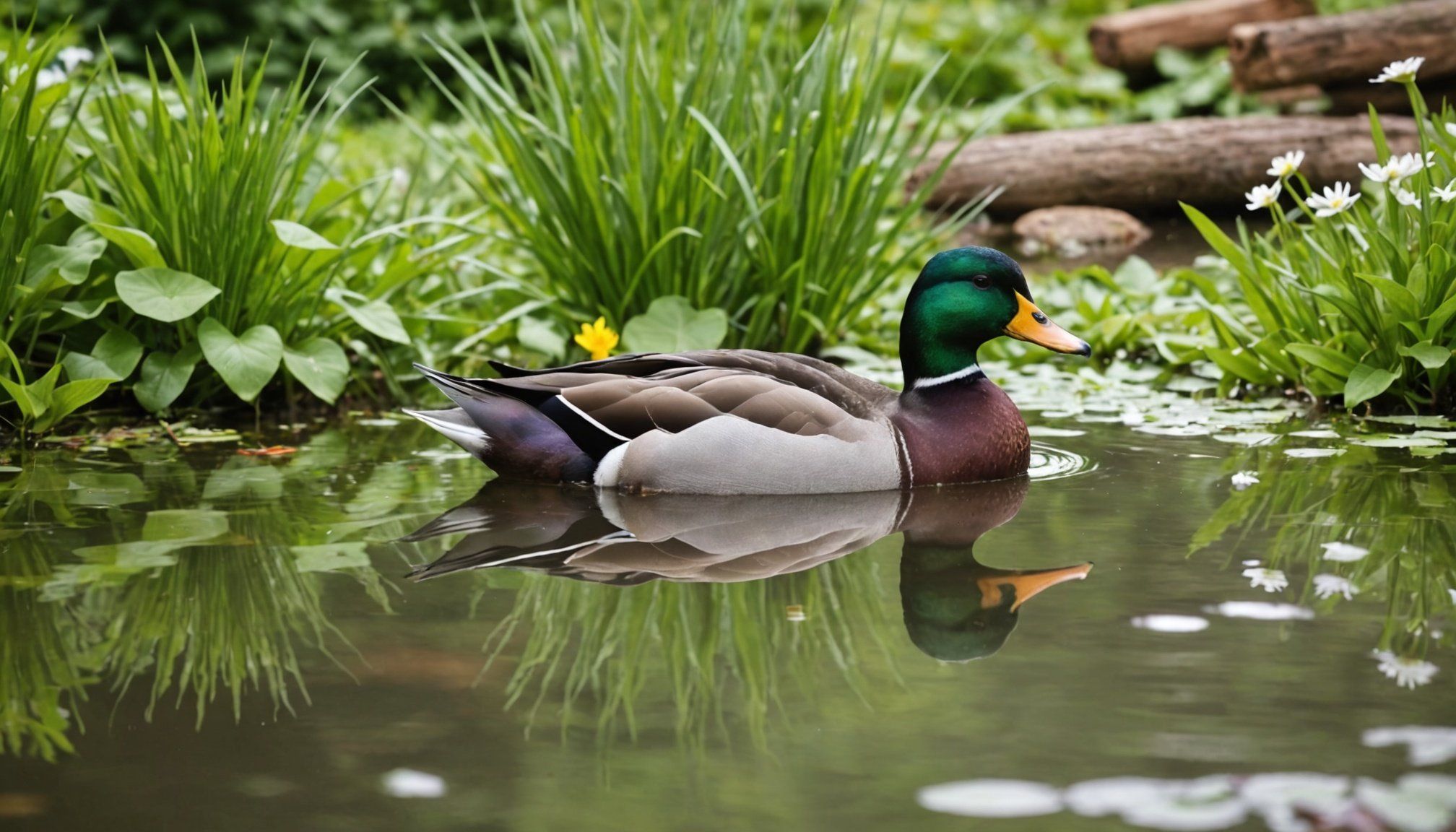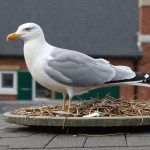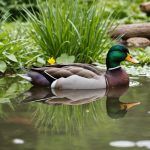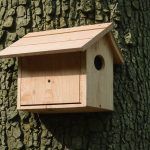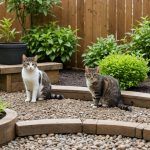Understanding Your Ducks’ Needs
Caring for ducks involves more than just providing food and shelter. A deep understanding of your ducks’ needs ensures their welfare and happiness. Different duck breeds have unique requirements, influencing their dietary and space needs. For instance, larger breeds like the Rouen may need more open space to roam compared to smaller ones like the Call duck. Knowing your breed helps tailor pet duck essentials to meet their specific welfare demands.
Diet plays a pivotal role in duck care. A balanced diet should include grains, greens, and insects, satisfying their nutritional needs. It’s also important to provide ample water for both drinking and swimming. Ducks require space not only for physical activity but also to engage in natural behaviors. Proper space contributes to their overall well-being, preventing health issues related to confinement.
Cela peut vous intéresser : Top Enrichment Ideas to Keep Your Domestic Ferrets Engaged and Boredom-Free
Creating a stimulating environment encourages ducks to exhibit natural behaviors like foraging, swimming, and socializing. Incorporate features such as water features, grassy areas, and shaded spots to mimic their natural habitat. Observing these practices in duck care fosters a harmonious coexistence between pet owner and ducks, ensuring robust duck welfare and a fulfilling life.
Designing Your Backyard Layout
When addressing backyard design, especially in compact areas, it’s essential to maximise small space utilization. Start by evaluating the available space to demarcate specific zones. Define areas where ducks can roam and rest, ensuring an outline that caters to both their needs and your aesthetic.
A lire aussi : Effective Tactics to Prevent Urban Seagulls from Making Your Roof Their Nesting Ground
Incorporating water features is an ideal aspect of outdoor planning. Ducks naturally love to splash and swim, so adding a small pond or tub can significantly enhance their habitat. Ensure that these water features are easy to clean and maintain. Not only does this addition cater to the ducks’ bathing and swimming needs, but it also enriches the overall design of the backyard.
Shade and shelter are paramount for comfort. Construct small shaded areas with natural or artificial covers. These can include small trees, large bushes, or even purpose-built structures. Such spaces allow ducks to cool off during hot days and seek shelter during rain.
Consider using a mix of natural elements like stones and plants to blend practicality with beauty. By thoughtfully organising the layout, you create a functional space that benefits both the ducks and the humans who delight in watching them. Planning with intention ensures a harmonious, stylish, and efficient backyard.
Choosing Suitable Plants
When creating a duck-friendly garden, selecting the right plants plays a crucial role. Ensuring these plants are both safe and beneficial for ducks requires thoughtful consideration. Duck-safe plants not only promote good health but also enrich habitats where ducks can forage comfortably.
Firstly, identify plants that are non-toxic and beneficial for ducks. Some examples of these include clover, dandelions, and various types of grasses. These types of plants provide vital nutrients and serve as excellent foraging sources. Ducks enjoy munching on tender, green shoots and leaves, which enhances their diet naturally.
Incorporating edible plants into the landscape can further boost nutritional benefits for your ducks. Examples like lettuce, spinach, and watercress can be both part of your garden’s beauty and a delicious treat for your feathered friends. These plants thrive in moist environments, making them suitable for areas near water features.
Designing your garden to promote natural foraging behaviors is essential. Arrange the landscape in such a way that ducks can roam freely and explore various textures and flavors. Utilizing elevated garden beds or staggered planting can provide natural challenges and enrich their environment, encouraging ducks to stay active and engaged. This not only benefits the ducks but also enhances the garden’s ecology.
Building Shelter and Enclosures
Constructing a duck housing that is both secure and comfortable is crucial for your feathered friends. Here are key considerations for building a protective enclosure. First, ensure the structure is predator-proof. Reinforce any potential weak spots with sturdy materials like wire mesh to stop intruders like foxes or raccoons.
Next, consider the different types of enclosures suitable for backyard shelters. A-frame designs or hoop-style coops not only save space but also require minimal materials. These designs are perfect for small spaces, allowing for easy access and maintenance.
Moreover, optimal ventilation is a must to maintain clean air and healthy living conditions. Install vents along the roofline to provide airflow without allowing water ingress. This helps prevent the buildup of ammonia from duck droppings, which can be harmful.
For insulation, especially in colder climates, adding straw or hay as beddings can keep the ducks warm while absorbing moisture. Also consider double-walled structures or adding an insulated layer to minimize temperature fluctuations.
A well-thought-out shelter not only offers security and comfort but also enhances the health and productivity of your ducks, making these considerations vital for any duck owner.
Maintenance and Care Practices
Creating a consistent duck care routine is paramount for maintaining a clean and healthy environment. An essential part of this routine is establishing a cleaning schedule for the duck area. Regular cleaning helps prevent disease and keeps the ducks comfortable. Start by removing waste daily, paying close attention to nesting and feeding areas where droppings accumulate the most. Using organic and duck-friendly cleaning agents ensures both effective sanitation and the safety of your ducks.
Managing waste efficiently is vital for ensuring proper hygiene practices. Composting duck manure is an environmentally friendly option that minimizes waste while enriching your garden soil. Avoid letting waste pile up, as it can lead to health issues like respiratory infections. Implementing simple measures, such as placing straw or wood shavings in high-traffic areas, can aid in waste absorption and odor control.
Seasonal care tips are necessary to adapt to changing weather conditions. During winter, ensure ducks have access to unfrozen water, and provide additional straw or hay for warmth. In summer, offer shade and fresh water throughout the day to help your ducks stay cool. By adjusting your care routine according to the seasons, you offer your ducks the best possible environment all year round.
Enhancing Duck Enrichment
Ducks, like many animals, thrive on diverse and engaging environments. Duck enrichment activities are essential to their wellbeing, providing both mental and physical stimulation. To keep ducks entertained, consider introducing a variety of toys and activities that encourage their natural behaviours.
Interactive Play
Examples of enriching play items include mirrors, small balls, and even puzzle feeders filled with treats. These encourage ducks to peck and explore, offering them much-needed mental stimulation. Regular interactive play can reduce stress and promote healthier behaviour.
Social Interactions
Another critical aspect of enrichment is social interaction. Companionship among ducks is vital, as they are naturally social creatures. Providing them with sufficient social interactions ensures they develop appropriate social behaviours. Ducks should ideally be kept in groups where they can form bonds and communicate.
Rotating Enrichment Items
To maintain interest, it’s crucial to periodically rotate enrichment items. Ducks, like humans, can grow bored if the environment remains static. Introducing new enrichment activities regularly keeps their environment fresh and exciting. Simple modifications, such as changing the location of toys or introducing new games, can enhance their experiences significantly.
Adopting these strategies leads to happier and healthier ducks, enhancing their overall quality of life.

